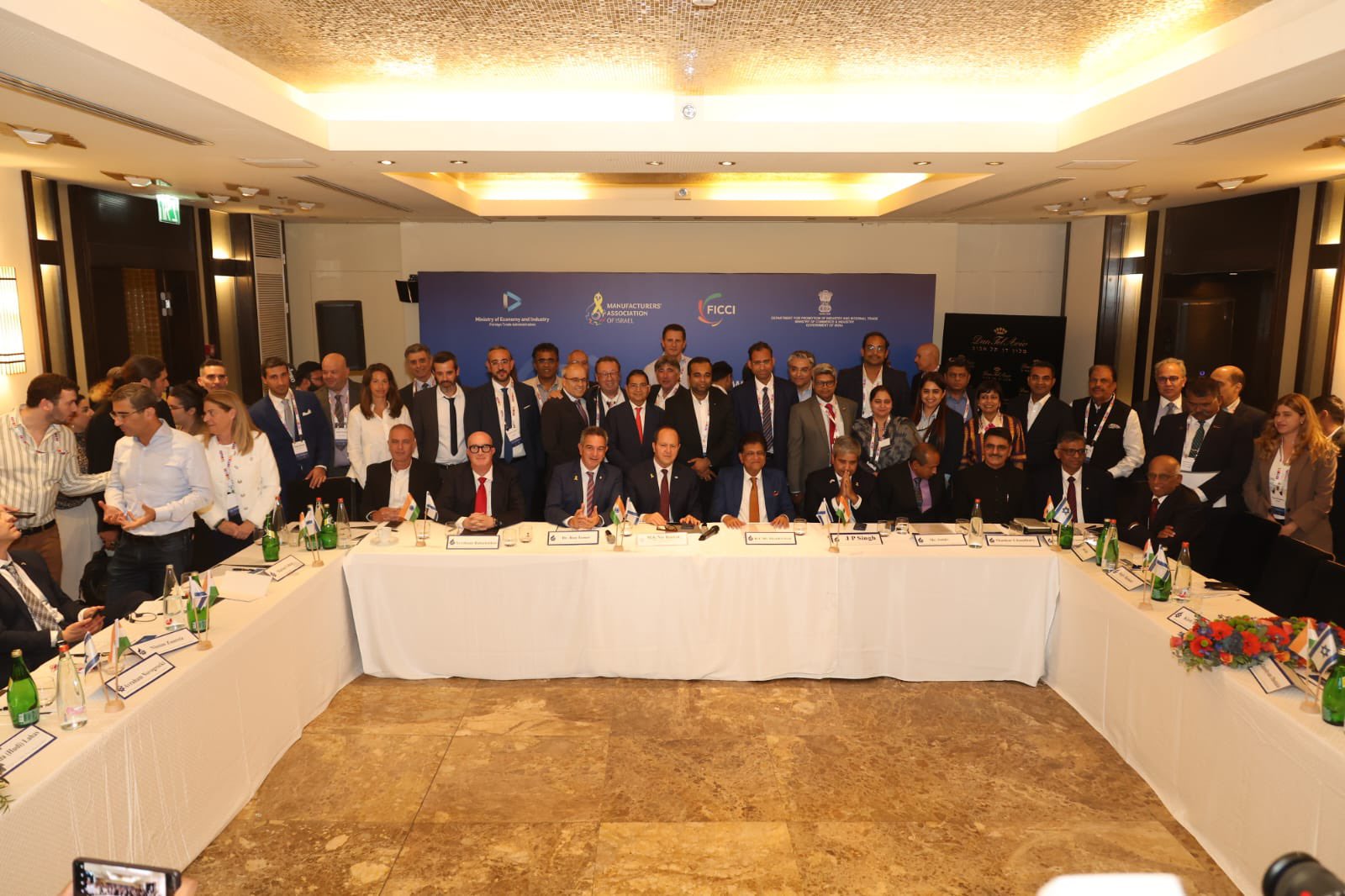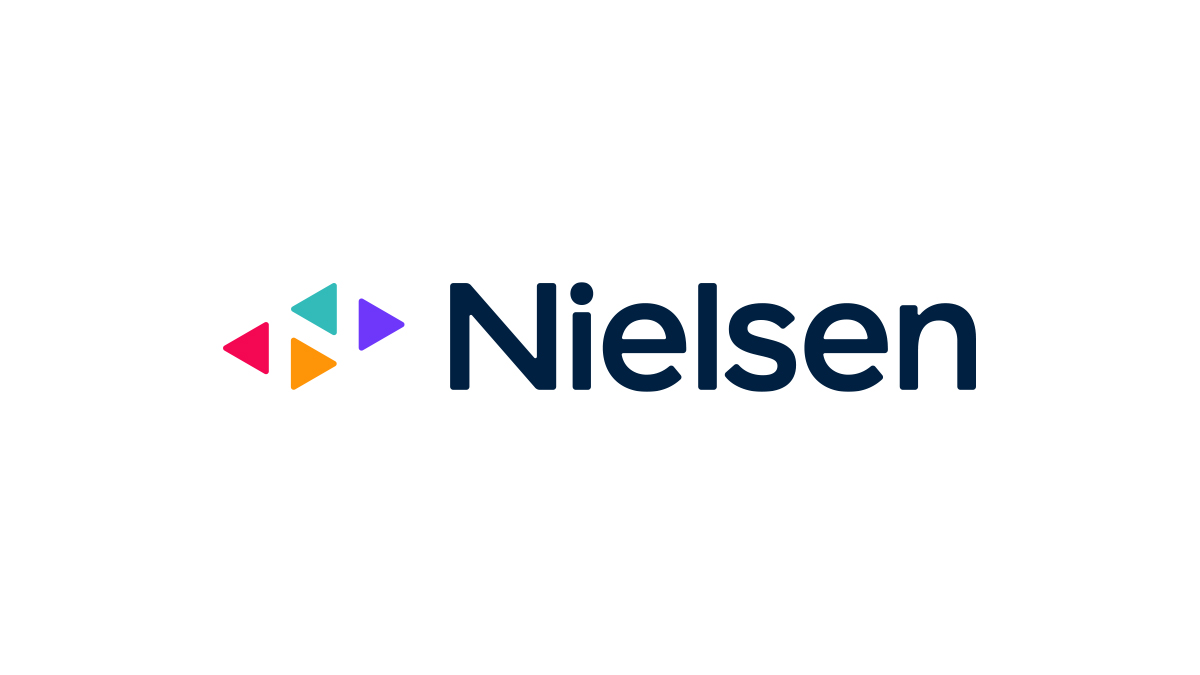62% of Korean Businesses Say Korea-Japan Economic Cooperation Should Remain Steadfast

More than half of Korean businesses recognized that Korea-Japan economic cooperation has contributed to Korea’s economic growth and that going forward, cooperation should remain steadfast. Businesses noted that the most promising areas for cooperation between the two countries were in advanced industries, including semiconductors and AI.
These are the findings of a survey conducted by the Federation of Korean Industries (FKI) to mark the 60th anniversary of normalized diplomatic relations between Korea and Japan. The survey, titled “Outlook for Korea-Japan Economic Cooperation on the 60th Anniversary of Normalized Diplomatic Relations,” polled the top 1,000 businesses by revenue excluding the finance industry and got 101 responses.
The 60 years of economic cooperation contributed to Korean economic growth through “Technological cooperation” and “Market expansion.”
The survey showed that most Korean businesses (56.4%) recognized Korea-Japan economic cooperation over the past 60 years since normalization of diplomatic ties has promoted Korean economic growth (significantly promoted Korean economic growth 7.9% + somewhat promoted Korean economic growth 48.5%).
Respondents noted that Korea-Japan cooperation contributed most to economic growth by: (Respondents selected top two answer choices) technology transfers and cooperation (53 points), market expansion by entry into Japan (35 points), advancements in the tourism and cultural industries (29 points), supply chain stabilization, including in materials, parts, and equipment (27 points).

Among Korean businesses, 6 of 10 (62.4%) responded: “Korea-Japan economic cooperation should remain steadfast,” while only 3% indicated that “Korea-Japan economic cooperation is not necessary.”
Regarding whether Korea-Japan economic cooperation is necessary for economic growth in Korea, 6 of 10 Korean businesses responded positively (necessary 20.8% + somewhat necessary 41.6%) and 3% responded negatively (not necessary 0% + somewhat not necessary 3.0%). Meanwhile, 88.1% of respondents agreed that stable Korea-Japan relations are important for economic cooperation (strongly agree 27.7% + somewhat agree 60.4%).
FKI noted that “Overall, businesses agreed that Korea-Japan economic cooperation is necessary. Stable relations between the two countries should be maintained to support steadfast and productive cooperation.”

Potential synergy for cooperation in advanced industries, including semiconductors and AI… Other promising areas include Bio, etc.
Korean businesses expected to see strong synergies in advanced industrial cooperation between Korea and Japan, especially in sectors with increasing strategic significance. Also, the bio & healthcare sector—necessary for addressing Korea and Japan’s common issue of low birth rates and an aging society—was also identified as a promising area for Korea-Japan cooperation.
When asked to select two sectors with the greatest potential for cooperative synergy between Korea and Japan, respondents pointed to semiconductors (91 points) and AI (57 points). This was followed by auto (39 points), bio & healthcare (32 points), shipbuilding (26 points), and batteries (26 points).

The top priority cooperative task: Joint response to trade issues…Also necessary: R&D cooperation and Summit diplomacy
Korean businesses chose joint response to global trade issues, including protectionism (69 points) as the top preferred approach for Korea-Japan economic cooperation. (Respondents selected top two answer choices)
FKI observed that “External uncertainties are on the rise, including from the reciprocal tariffs expected to be imposed by the Trump administration on July 9th (U.S. local time). The survey results reflect businesses’ view that it is crucial to employ joint response measures to address trade risks.”
Businesses also recognized a strong need for R&D cooperation, including joint research and nurturing talent (52 points), an expansion of diplomatic exchanges among top-level officials (46 points), and a joint entry into a third country (36 points).

Partnership with Japan: More than two-fold difference between “Important” (42.7%) and “Not Important”(18.0%)—it will be difficult to substitute Japan with other cooperative partners
Among individual businesses with established cooperation with Japan (61 respondents), 4 of 10 (42.7%) indicated that cooperation with Japan is important to business (essential 6.6% + somewhat important 36.1%). Among respondents, 16.4% said that cooperation with Japan was not important and 1.6% said that it was minimally significant.
Also, 1 of 2 Korean businesses (49.2%) in cooperative partnerships with Japan responded that it will be difficult to substitute Japan with other cooperative partners or that it will take 3 or more years to substitute Japan. Specifically, 21.3% of respondents said that it would be difficult to replace Japan; 27.9% said that it would take 3 or more years to replace Japan; and ‣26.2% said that it would take 1-3 years to replace Japan.

Kim Bong-man, chief international network officer of the FKI, remarked: “Amid the recent international landscape and shifting trade order, the Korea-Japan economic cooperation is gaining renewed significance. This year marks the 60th year of normalized diplomatic relations between Korea and Japan, serving as a pivotal moment for elevating our bilateral cooperation to a higher level.”
He added, “This survey indicates Korean businesses’ high demand for economic cooperation between Korea and Japan. FKI will redouble its support toward broadening Korean businesses’ economic reach, including in promising cooperative fields such as advanced industries. FKI will also reinforce cooperation with its Japanese partner, Keidanren.”
ㅇ Survey Participants: Top 1,000 Korean businesses by revenue (Excluding the finance industry; 101 responses)
ㅇ Duration of survey: May 30, 2025—June 9, 2025
ㅇ Survey conducted by: Mono Communications Inc. / Mono Research
ㅇ Survey Method: Telephone, e-mail, and online survey through structured questionnaire
ㅇ Margin of error: ±9.02%p at 95% confidence level
link





